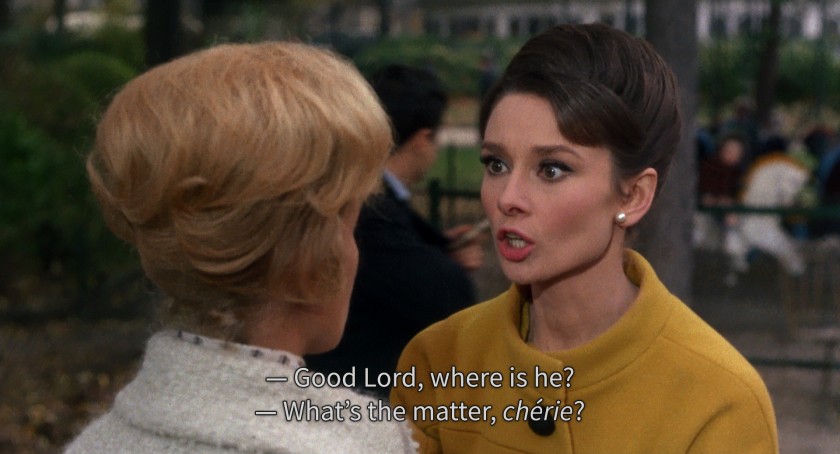Navigating the world of A Levels can be a myriad of buzzwords. From unconditional offer to conditional offer, predicted grades to results day. In this guide we run through everything you need to know for university offers 2021.
University offer and deadline for accepting university offers:
Universities will be sending out their offers at different points, so don’t panic if you haven’t heard but a friend or someone in your class has. The university will provide to you:
- Conditional offer – you have an offer but will need to meet some mark requirements to be able to take the place
- Unconditional offer – you have an offer, irrespective of your mark, but there may be a few requirements you have to meet
Let’s get the right dates in the diary. It may sound like life admin hassle and a bit extra, but it’s well worth scheduling reminders for a week or two before the final deadlines so you don’t miss out for accepting your offer.
Universities will let you know whether you have a conditional or unconditional offer by these dates:
- 20 May 2021 – if you sent your application by 29 January 2021
- 13 July 2021 – if you sent your application by 30 June 2021
- 20 October 2021 – this is the final deadline for unis to make decisions on applications to courses starting in 2021
If you haven’t heard from a university by the dates above, it unfortunately means they have decided not to offer you a place on that course. If you have your heart set on that university, do not worry as you may be able to apply for a different course or apply through clearing
Whilst you are waiting to hear about your university offers, you may want to start thinking about the following things:
Student accommodation: Have you looked at local student accommodation close to the university? You can search on Student.com by typing the university into the search box. This will help give you a guide on what’s available and cost. You can easily compare properties on Student.com, plus if you sign-up for an account you can receive free 1:1 support from the bookings team. Student accommodation can sell out in popular university cities, so for the best choice it’s best to book early. With COVID-19, No Visa No Pay and No Place No Pay offers* available, you can book with peace of mind that if your plans change you won’t lose out.
Budget: Heading to university for the first time might mean juggling your personal finances, which you may have not done before. Knowledge is power so it’s well worth doing some research before you arrive at university. First up is a student account at a bank. Lots of banks provide offers to start a student account, and you will often receive special discounts. On that note, check out the best student discount card offers. You will likely already have some set-up as a college student, but it’s worth checking out if any places locally to your potential university are providing offers to students new to the area. Researching cheap and easy meals can also set you up ready for university life, as you can plan and budget to buy the right cookware to make the recipes. Plus, don’t forget to budget for your student accommodation.
Okay, let’s get down to business with university offers and break down what unconditional vs conditional offers mean for you…
Unconditional offers:
These are based on your predicted A level grades. One benefit of having an unconditional offer is that you don’t have to wait until results day – if you decide you want to go to that university on the course chosen, all you have to do is accept the offer! There may be things the university requires you to complete ahead of time, so if you are unsure, get in touch with your university to make sure you have completed all the steps required. This happens to be the perfect opportunity to get ahead of the crowd when it comes to booking your student accommodation. Take a look at available accommodation on Student.com via searching for your university in the search bar. Want to take a look around the student accommodation? No problem, you can take a Virtual Reality tour around or there are plenty of images from the bedroom to communal areas. Which means you can make your booking with ease and reassurance it will be right for you.
Conditional offers:
What is a conditional offer? These are also based on your predicted A level grades, but the university needs you to receive them during A level results day in order for you to take your place on your chosen course. This is often the most popular type of offer and it can be quite daunting thinking about the months ahead whilst you await your A level results. You can start planning ahead though by taking a look at potential student accommodation in your university city/cities of choice. With No Place No Pay** you can book in confidence knowing that you will have your deposit refunded if you do not get a place at that university.
University offers may leave you with questions or decisions to make. If you have any questions about student accommodation in potential university cities, let us know. You can get in touch via our website or by downloading our app. We are happy to help!
*Offers are subject to T&Cs which are available on www.student.com or you can contact the team
** Requires you to meet T&Cs based on property and tenancy agreements, for more information visit www.student.com or contact the team



